The term 'just transition' is a meaningless soundbite, according the president of the Irish Cattle and Sheep Farmers Association (ICSA) Dermot Kelleher.
“The sectoral emissions reduction targets for agriculture carry a significant risk of doing serious damage to the economy outside Dublin,” he said.
The ICSA president said the talk of 'just transition' was absolutely pointless.
Kelleher said that there had been no just transition for the peat sector, but rather “we are now importing peat from eastern Europe”.
Challenging
The Cork man said the announcements would be incredibly challenging for the sector: “For rural Ireland, agriculture is a vital national interest, and the target of up to 30% reduction in emissions potentially means about a €3.8bn hit for the rural economy, based on the KPMG analysis commissioned by the Irish Farmers Journal.
“This is because the technology as it stands at present will not be sufficient and that implies cuts to the national herd,” he insisted.
Kelleher said that cutting the national herd to outsource the emissions to other countries, such as Brazil, would be effectively opting for a lose/lose policy, where the Government would undermine the agricultural sector but actually do nothing to decrease global emissions.
“There are things that can be done to reduce emissions from the national herd such as finishing cattle earlier. But the ICSA proposal to use CAP funds to support farmers who deliver on this has so far been ignored by Government.
“The danger is that if we try to enforce lose-lose policies, we are simply undermining the credibility of climate action.
"We therefore have to look at better and quicker engagement with the farming sector and the wider industry to see where we can find win-win policies,” he said.
Kelleher maintained that any Government plans to cut back the national herd will be strongly resisted.
Engagement
“The fact is that there has been no real engagement about how farmers can benefit from doing things differently or better. Enforcing cuts and driving people out of business just won’t cut it,” he insisted.
Kelleher said that the Government needs to do what every other country is doing, which is to have equal regard to its own vital national interests.
“Ireland’s farmers have invested huge sums of money to improve their beef and dairy businesses, and this has been of immense benefit to this country, particularly in the aftermath of the financial crash,” he said.
He acknowledged that there were some references to doing more with renewable energy plans in the fields of biofuels and biogas, but he said the reality is that government and the EU has prevaricated far too much on renewables.
“Up to now, the lack of ambition on solar energy, anaerobic digesters for renewable gas and the ongoing EU confusion over biofuels all demonstrate a lack of real ambition to deliver positive climate outcomes that can also benefit farmers and rural communities.
“It remains to be seen whether today’s announcement will see transformative change on renewables.
“We must get the balance right between our vital national interests and our obligations on climate change,” he added.
The ICSA has said that farmers are willing to play their part in the climate change challenge, but they need balance in the strategy.




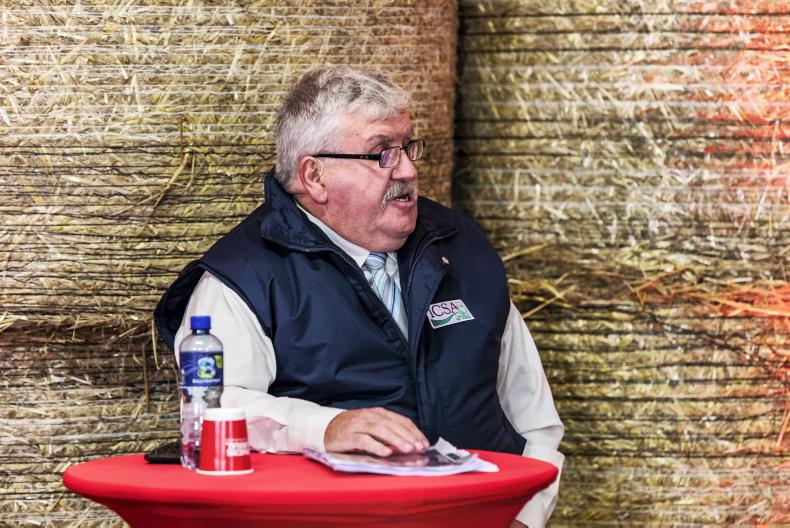
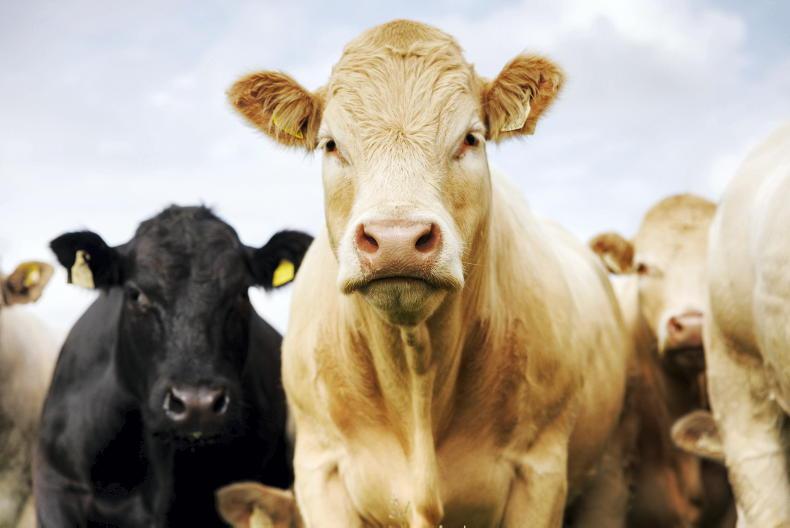

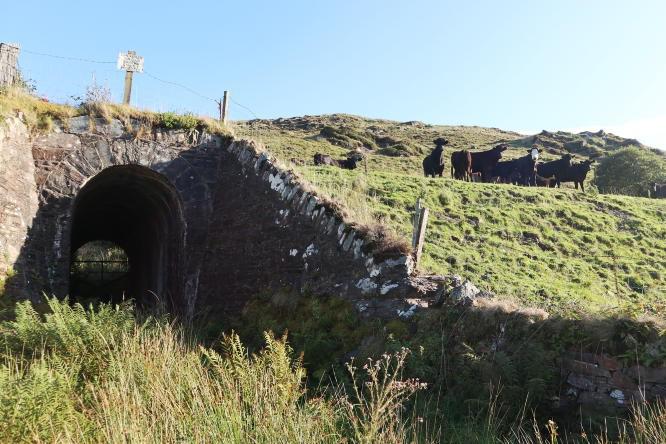
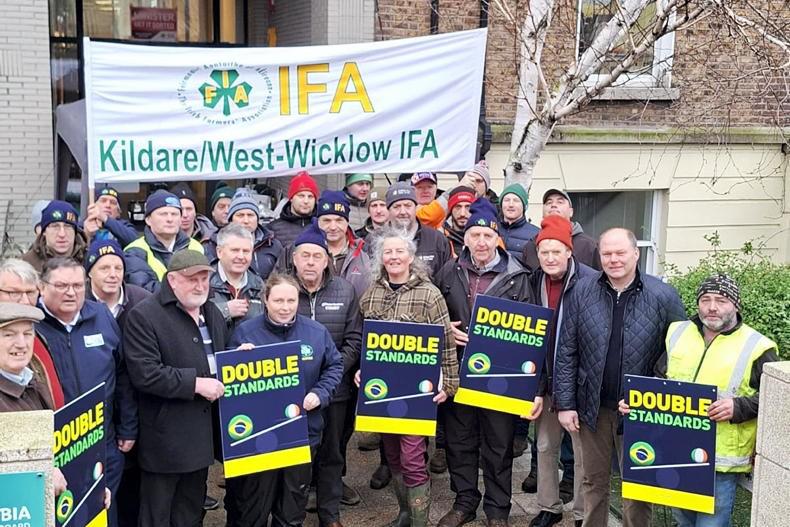
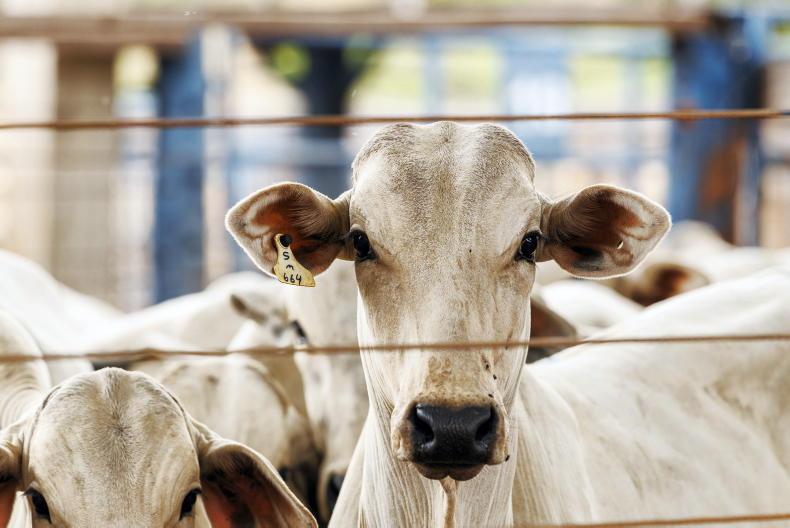
SHARING OPTIONS